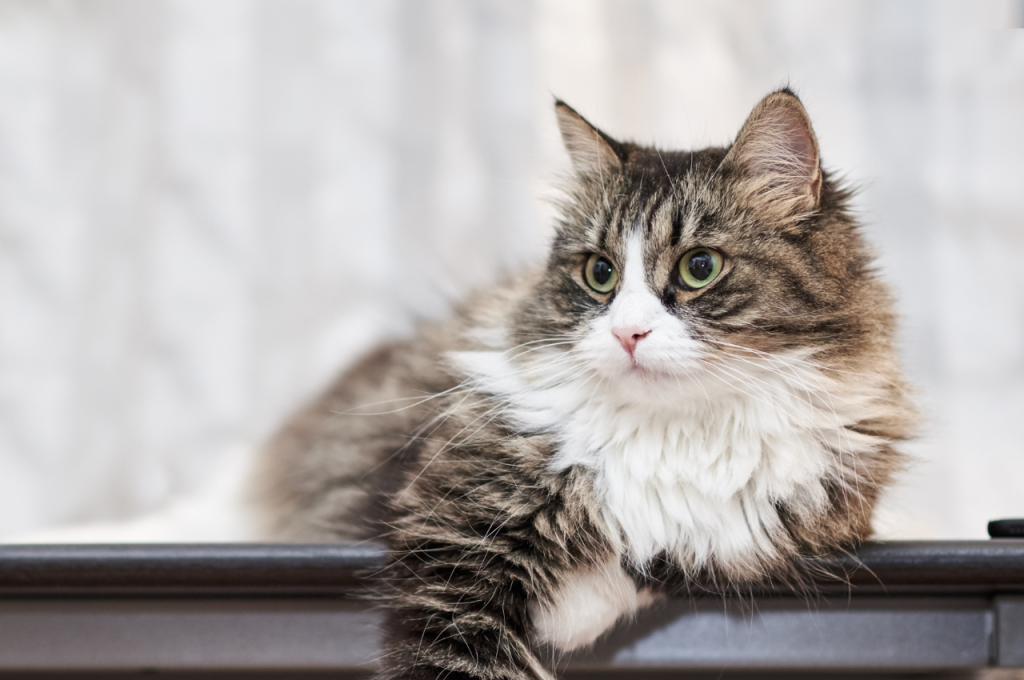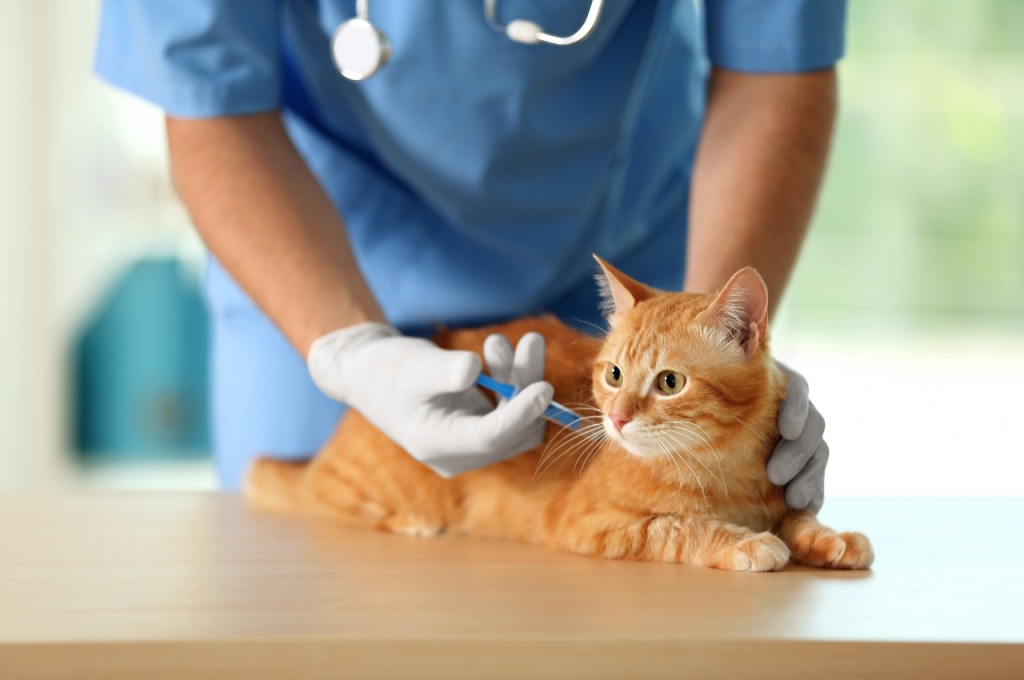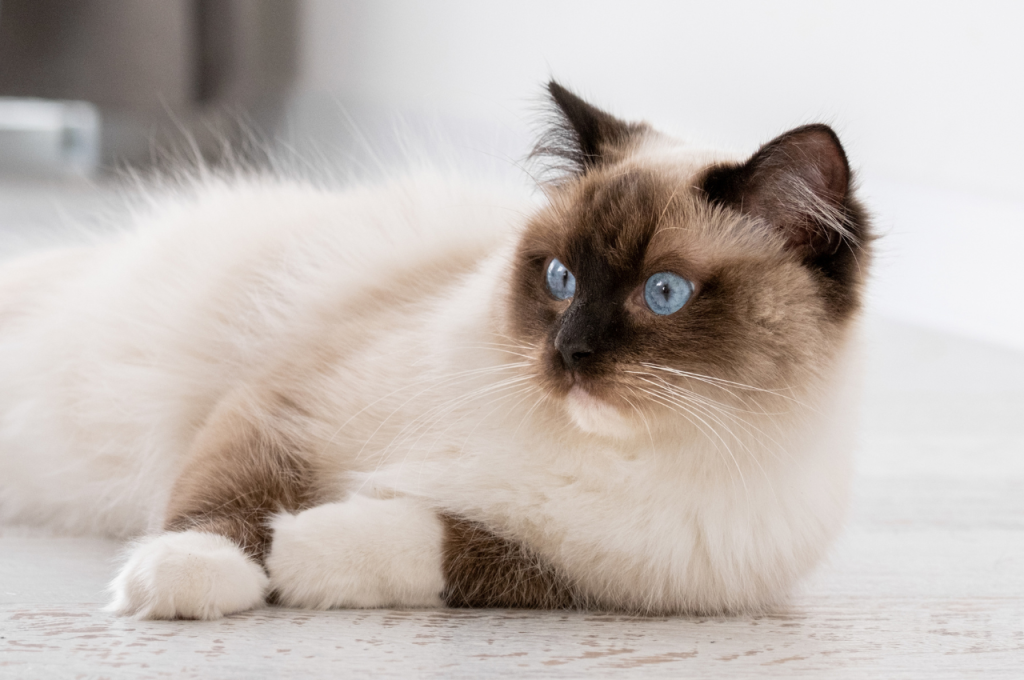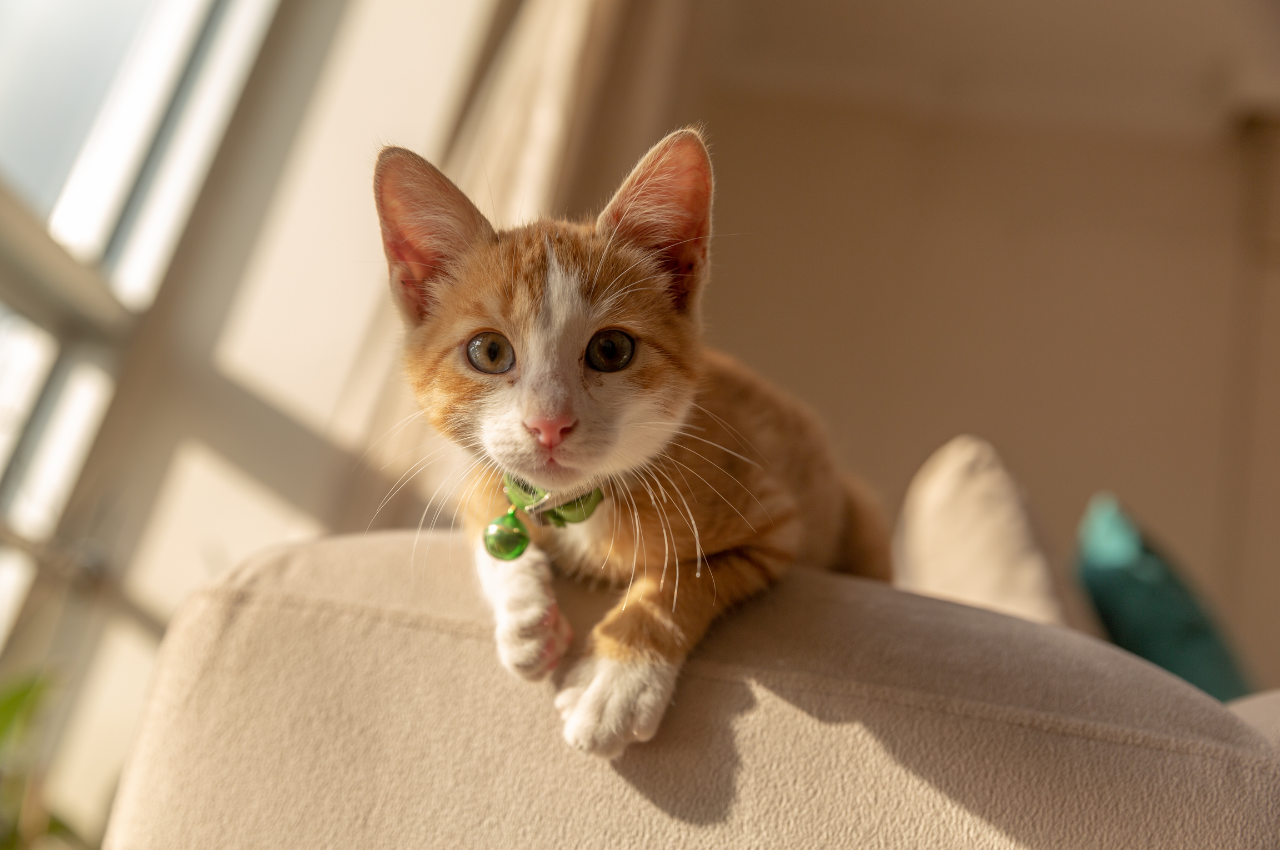To keep your indoor cat healthy, provide a balanced diet and plenty of exercise. Regular vet check-ups are also essential.
Now, more than ever, it’s important to ensure your feline friend is staying healthy, as we spend more time indoors with them due to the pandemic. Indoor cats can be prone to obesity and boredom-related behaviors, so it’s important to provide them with stimulating toys and activities. Additionally, keep their litter boxes clean and provide plenty of fresh water. Grooming is another important aspect of keeping your cat healthy, as it can prevent hairballs and other skin issues. By following these tips, you can help ensure your indoor cat lives a happy and healthy life.
Introduction To Indoor Cat Care
Caring for an indoor cat involves meeting their physical, mental, and emotional needs within a confined environment. Indoor cats typically live longer, healthier lives, but they require a stimulating space to thrive. Providing proper nutrition, regular exercise, and mental engagement through toys or puzzle feeders is essential for maintaining their well-being.

Regular vet check-ups, vaccinations, and grooming are crucial parts of indoor cat care. It’s important to ensure your cat has cozy resting areas, scratching posts, and clean litter boxes to create a comfortable living space. By meeting these needs, indoor cats can live happy, fulfilling lives while staying safe from the dangers of the outside world.
The Unique Needs Of Indoor Cats
Indoor cats have specific requirements that differ from their outdoor counterparts. Because they spend the majority of their time inside, it’s essential to address their unique needs to ensure their well-being.
Benefits Of Keeping Your Cat Indoors
- Reduced risk of injury or illness
- Protection from outdoor hazards
- Prevention of fights with other animals
- Minimized exposure to parasites
- Enhanced longevity
Nutritional Needs For Indoor Cats
Choosing The Right Food
When choosing food for your indoor cat, it’s important to opt for a high-quality, well-balanced diet. Look for options that are specifically formulated for indoor cats, as they have different nutritional needs compared to outdoor cats.
Understanding Caloric Requirements
Indoor cats generally have lower energy needs compared to outdoor cats. Understanding your cat’s caloric requirements is essential to ensure they maintain a healthy weight. Be mindful of portion sizes and avoid overfeeding, which can lead to obesity and related health issues.
Creating An Engaging Environment
Creating an engaging environment is essential for keeping indoor cats healthy and happy. By providing a stimulating and interactive space, you can encourage physical activity, mental stimulation, and overall well-being for your feline friend. Here are some tips to create an engaging environment for your indoor cat.
Importance Of Play And Exercise
Regular play and exercise are crucial for maintaining your indoor cat’s health. Physical activity helps prevent obesity, improves muscle tone, and enhances mental alertness. Engaging your cat in play also strengthens the bond between you and your pet.
Diy Toys And Games
Creating homemade toys and games is a cost-effective way to keep your cat entertained. Simple items like cardboard boxes, paper bags, and feathers can be repurposed into interactive toys. Additionally, puzzle feeders and treat-dispensing toys provide mental stimulation while encouraging physical activity.
Preventive Health Measures
Keeping your indoor cat healthy requires preventive health measures such as providing a balanced diet, regular exercise, and annual check-ups with a veterinarian. Additionally, keeping your cat’s environment clean and free from hazardous materials can help prevent health issues.
Regular Veterinary Checkups
Regular veterinary checkups are vital for maintaining the health and well-being of your indoor cat. By scheduling routine visits, you can ensure that any potential health issues are detected and addressed early on. During these checkups, your veterinarian will conduct a thorough examination to assess your cat’s overall health, including checking their weight, teeth, and coat condition. They may also perform blood tests to check for any underlying conditions or diseases.
Vaccinations And Parasite Control
Vaccinations play a crucial role in keeping your indoor cat protected against various diseases. Your veterinarian will recommend a vaccination schedule tailored to your cat’s specific needs. These vaccines typically protect against diseases such as rabies, feline distemper, and feline leukemia.

In addition to vaccinations, parasite control is essential for your cat’s well-being. Indoor cats are still at risk of fleas, ticks, and internal parasites, so it’s important to follow a preventive regimen recommended by your veterinarian. This may include regular use of flea and tick prevention products, as well as deworming treatments. Preventing parasites not only keeps your cat healthy but also protects your family from potential zoonotic diseases that can be transmitted from cats to humans.
By staying proactive with preventive health measures such as regular veterinary checkups, vaccinations, and parasite control, you can provide your indoor cat with the best possible care and ensure their long and healthy life.
Mental Health And Wellbeing
To ensure the mental health and well-being of your indoor cat, provide engaging toys and scratching posts for physical activity. Offer a balanced diet and regular vet check-ups to maintain overall health and prevent obesity-related issues. Incorporate interactive play sessions to stimulate their mind and prevent boredom.
Signs Of Stress And Anxiety In Cats
Cats show stress through aggressive behavior. They may also exhibit excessive grooming. Look for urine marking as a sign. Hiding or avoiding interaction is common.
Ways To Reduce Stress For Your Cat
Provide enrichment activities for mental stimulation. Offer safe spaces for hiding and resting. Use interactive toys for playtime. Ensure a consistent routine for feeding and play.
Grooming And Hygiene
Keeping your indoor cat healthy involves proper grooming and hygiene. Regular brushing helps prevent matting and hairballs, while nail trimming and dental care are essential for their overall well-being. Additionally, providing a clean litter box and a balanced diet ensures optimal health for your feline friend.
As a cat owner, it’s important to keep your indoor cat healthy and happy. One aspect of this is maintaining their grooming and hygiene. Regular brushing and bathing, as well as proper litter box management, are essential for keeping your cat clean and healthy.
Routine Brushing And Bathing
Regular brushing helps to remove loose fur and prevent hairballs. It also stimulates the skin and distributes natural oils throughout the coat. Depending on your cat’s breed and hair type, you may need to brush them daily or weekly. Use a soft-bristled brush and start at the head, working your way down the body. Be gentle and avoid pulling on any knots or tangles. Bathing your cat is not always necessary, but it can be helpful for cats with skin conditions or who have gotten into something dirty or smelly. Use a cat-specific shampoo and lukewarm water. Wet the coat thoroughly, lather up the shampoo, and rinse well. Be sure to dry your cat thoroughly, as cats can get chilled if they’re damp.
Litter Box Management
Proper litter box management is crucial for maintaining your cat’s hygiene and preventing health issues. Cats are clean animals and prefer a clean litter box. Scoop out waste and clumps at least once a day, and completely change the litter every 1-2 weeks. Use a litter that is unscented and appropriate for your cat’s preferences.
In addition, make sure the litter box is in a quiet, private location and is the appropriate size for your cat. Provide one litter box per cat in your household, plus one extra. This will help prevent litter box issues and promote good hygiene. By following these grooming and hygiene tips, you can help keep your indoor cat healthy and happy.
Common Health Issues In Indoor Cats
Indoor cats can face common health issues such as obesity, dental problems, and stress-related conditions. To keep your indoor cat healthy, provide regular exercise through interactive play, offer a balanced diet, and create a stimulating environment with toys and scratching posts. Regular veterinary check-ups are also essential for maintaining your indoor cat’s well-being.

Obesity And Its Prevention
Indoor cats are prone to obesity due to limited activity. To prevent this, feed balanced meals and engage in play sessions.
Dental Health Concerns
Dental health is crucial for indoor cats. Regular teeth brushing and dental check-ups help prevent issues.
Conclusion
Incorporating these tips will help your indoor cat stay healthy and happy. Remember to provide a balanced diet, engage in playtime, and schedule regular check-ups with the vet. By prioritizing your cat’s well-being, you can ensure a long and fulfilling life for your beloved feline companion.
